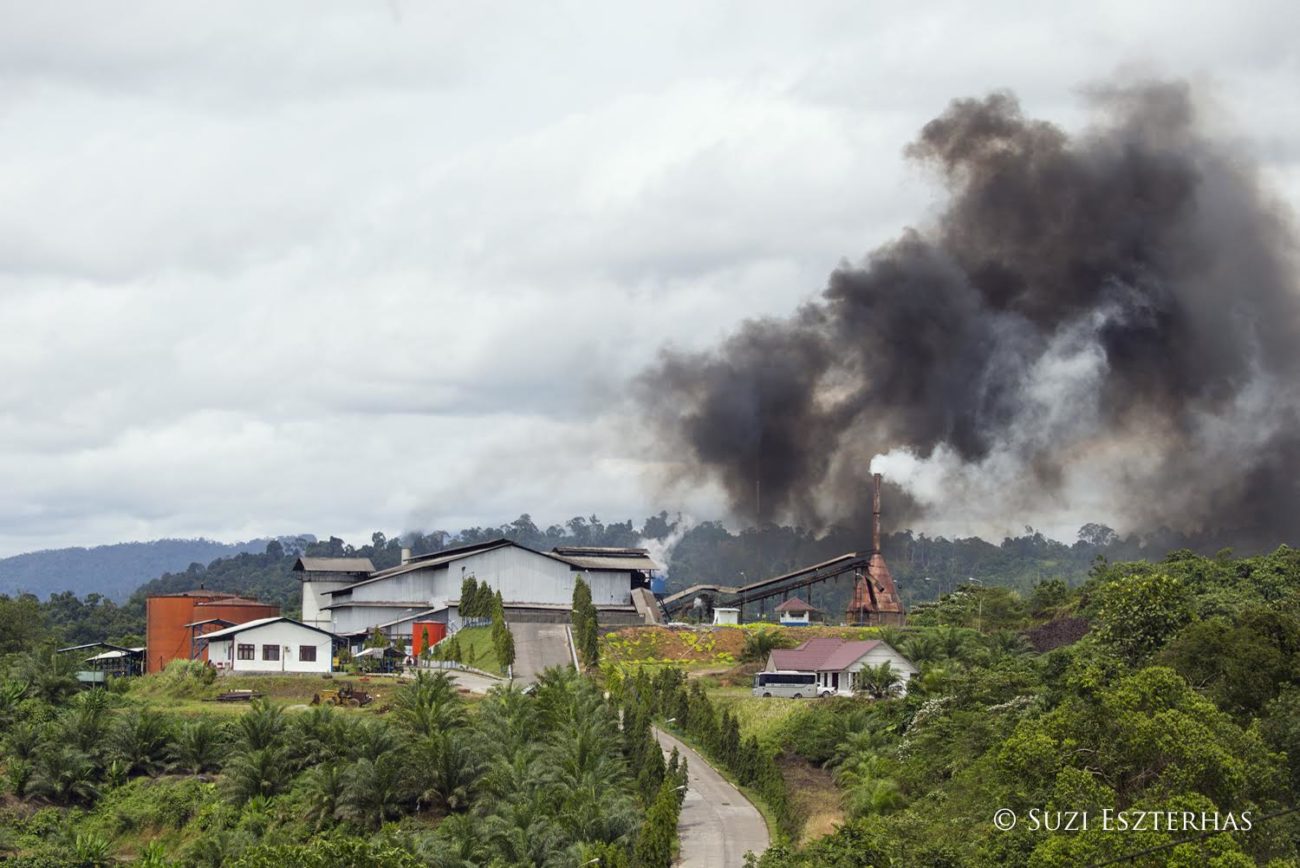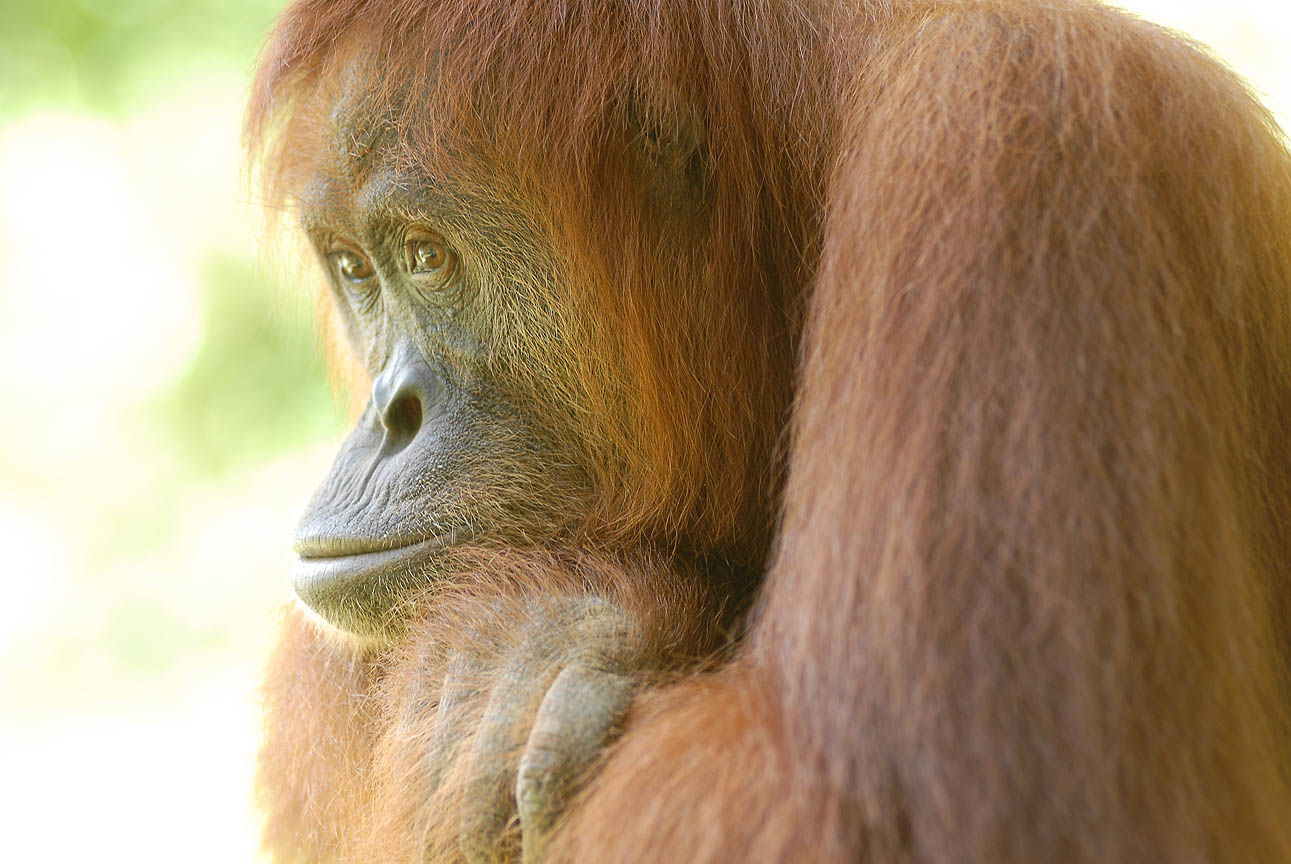What is the IPCC report?
This week, the Intergovernmental Panel on Climate Change (IPCC) released its latest report – the first major review of the science around climate change since 2013. The findings of the report are bleak, leading many to say that it is a ‘code red for humanity’.
The report’s key findings are:
- Between 2011-2020, the global surface temperature was 1.09C higher than it was between 1850-1900
- The past five years have been the hottest on record since 1850
- Sea levels are rising at nearly triple the rate they were between 1901-1971
- The devastating decrease in Arctic sea-ice and the loss of glaciers is 90% likely to be due to human influence
- Heatwaves have become more frequent and more intense since the 1950s, while cold events have become less frequent and less severe
We are already seeing an increase in floods, wildfires and lethal heatwaves across the planet, and the IPCC report makes it clear that this is down to the cumulative effect of human impacts on the climate.
Are we doomed?
In three months’ time, COP26 will take place in Glasgow, UK. COP is the United Nations climate change conference, and this year is the 26th annual summit. It will bring together almost every country on Earth to reach an agreement on tackling climate change, and is probably our last best chance to get climate change under control. So, what needs to be done to save our future?
The scientists who wrote the report are hopeful that we can still halt the rise in global temperatures, and possibly even reverse it.
“Lowering global warming really minimises the likelihood of hitting these tipping points. We are not doomed.”
They also warn against becoming too pessimistic about the future, as to lose all hope would make it much harder to take the collaborative, concerted action we need to cut global emissions and reach net zero. To do so, we need to embrace clean technology, capture and store released carbon, protect and restore ecosystems and achieve environmental justice, ensuring everyone has fair access to everything they need for a safe and sustainable life.
What can individuals do?
It is easy to feel overwhelmed by the sheer weight of this issue, but there are things we can all do.
- Find out who your elected government representatives are, and contact them about climate issues that concern you
- Join local climate groups – no matter how much or little time you have spare, there is a lot you can do from your home computer or phone to support climate action and protests
- Look at websites like 350.org and Green New Deal UK to keep track of important petitions and resources
- Find out if your bank funds the fossil fuel industry. If it does, switch your account – it can often take just half an hour to get it all sorted
- Talk to your friends and family. Let them know what you’re doing and see if they can join in.
- Most of all, don’t lose hope – and don’t let your loved ones lose hope either

